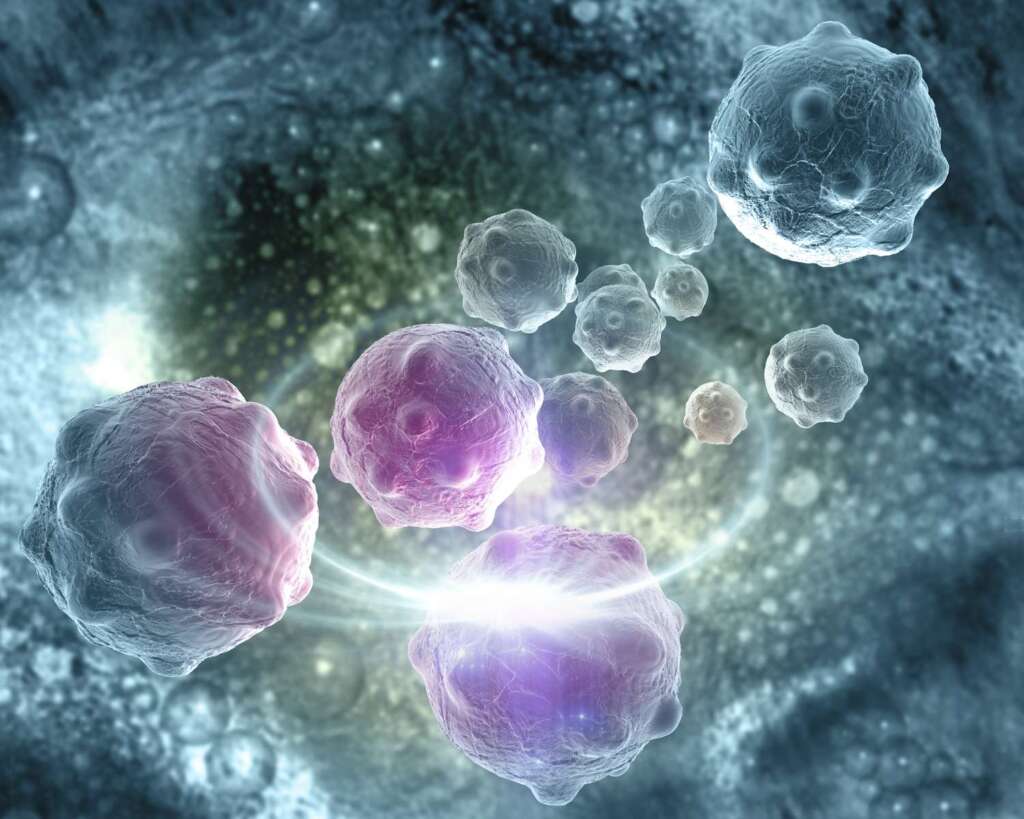“Decoding the Genetic Landscape: Unraveling the Complex Dance between Genetic Mutations and Cancer Therapy Resistance”


The relentless battle against cancer has been a longstanding challenge for the medical community, marked by significant strides in treatment modalities. However, a formidable adversary has emerged—therapy resistance. This article delves into the intricate relationship between genetic mutations and the development of resistance to cancer therapies, recognizing cancer as a disease fundamentally rooted in the genome.
The Genomic Basis of Cancer:
At its core, cancer is a disease driven by genetic mutations—alterations in the DNA sequence that fuel the uncontrolled growth and survival of cancer cells. These mutations can be inherent from the disease’s onset or may evolve during treatment, presenting a substantial hurdle to the effectiveness of anti-cancer therapies.
Inherent Genetic Diversity and Treatment Challenges:
Cancer cells exhibit inherent genetic diversity, even within a single tumor. This diversity poses a treatment challenge, as specific subpopulations of cells may harbor genetic mutations that confer resistance to certain therapies. As treatment progresses, the therapy itself can exert selective pressure, leading to the survival and proliferation of cells with resistant genetic profiles.
Genetic Mutations and Mechanisms of Resistance:
Genetic mutations play a pivotal role in the development of resistance to cancer therapies. These mutations can directly impact the target molecules of anti-cancer drugs, altering drug targets and diminishing therapeutic efficacy. Several mechanisms contribute to therapy resistance:
1. Activation of Bypass Pathways:
Genetic mutations can activate alternative pathways in cancer cells, enabling them to bypass the intended effects of therapeutic interventions. This adaptability and ability to reroute signals contribute significantly to the development of resistance.
2. Increased Drug Efflux:
Some mutations result in the overexpression of proteins responsible for expelling drugs from cancer cells. This increased drug efflux reduces intracellular drug concentration, limiting therapeutic effectiveness and contributing to resistance.
Acquired vs. Inherent Resistance:
Cancer cells may possess inherent genetic mutations that confer resistance to specific treatments from the outset. Recognizing these traits is crucial for tailoring treatment strategies from the beginning. On the other hand, acquired resistance develops during treatment due to the selective pressure imposed by therapeutic agents, leading to the emergence of resistant phenotypes.
Challenges in Overcoming Genetic-Based Resistance:
Cancer cells’ ability to evolve and adapt poses a continuous challenge. As treatments progress, the genetic landscape of the tumor evolves, necessitating ongoing assessments and adjustments in therapeutic approaches. Precision medicine, tailored to each patient’s specific genetic profile, aims to address this heterogeneity. However, challenges such as tumor evolution and the emergence of new mutations highlight the ongoing need for research and innovation.
The Ongoing Battle: Understanding and Innovation:
Understanding the intricate relationship between genetic mutations and therapy resistance is paramount in the ongoing battle against cancer. Research that delves deeper into the genetic landscape of tumors holds the key to developing new strategies and therapeutic approaches. By anticipating, overcoming, and even preventing the emergence of resistance, we inch closer to a future where tailored and effective cancer treatments prevail.
The journey toward conquering therapy resistance is complex, but the decoding of genetic mutations serves as a beacon of hope. In unraveling the language of the genetic landscape, we pave the way for innovative approaches that hold the promise of a future where cancer can be effectively and precisely treated.



